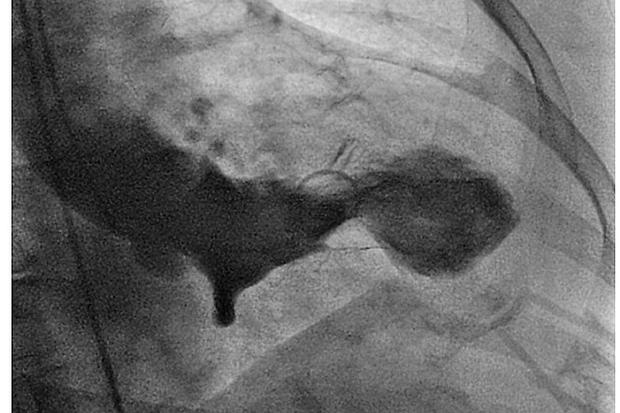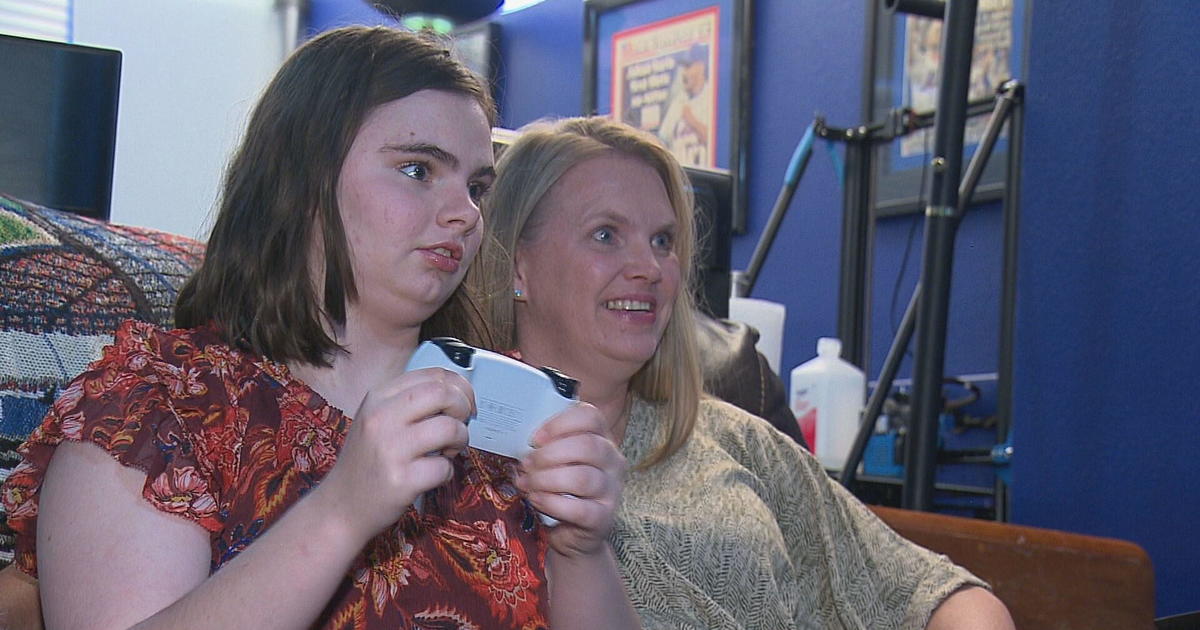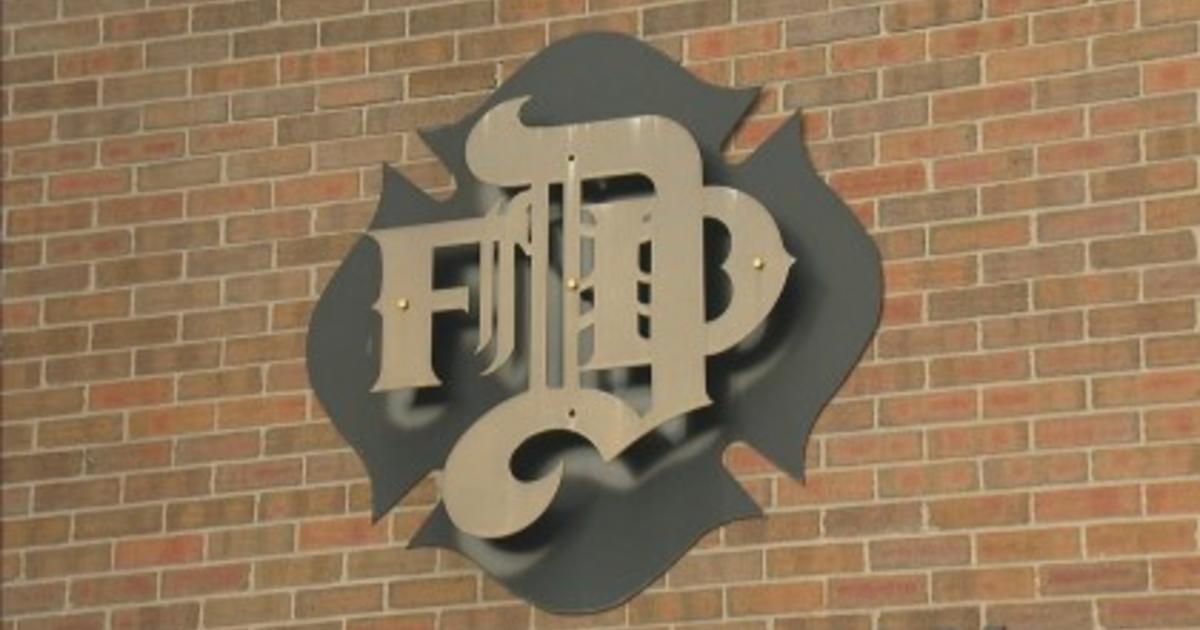Why You Can Literally Die Of A Broken Heart
(CBS4) - Can you literally die of a broken heart?
The answer is yes.
And a case study in this week's New England Journal of Medicine illustrates the not-so-rare event.
Researchers reviewed a situation where a woman was hospitalized for a suspected heart attack -- a severe one -- after the unexpected death of her pet dog.
After testing and stabilizing the patient, it turns out the woman did not actually suffer a heart attack, but instead something known as "Takosubo Cardiomyopathy."
We doctors more commonly call it "broken heart syndrome" -- a syndrome where the heart just simply breaks down and ceases to effectively function.
The syndrome typically happens after an acute shock to the system such as the death of a loved one, or some other stressful event. (And besides a spouse, family member, or close friend, a beloved pet could certainly fall into the group who could affect your health).
The body responds to the stress by pouring out a flood of stress hormones such as adrenaline and cortisol, which strikes the heart muscle like a bolt of lightning.
It's a bit different with a heart attack, where the usual cause of damage is a blood clot in artery that blocks blood flow to the heart muscle.
What's different in Takosubo Syndrome is this: the storm surge of stress chemicals strikes the heart muscle directly, causing the normally strong muscle to soften like a wet sponge -- and because of this, the heart muscle can no longer squeeze and pump out blood to the rest of the body. It just flops around.
That can cause chest pain and collapse, mimicking a heart attack.
But then, tests for a heart attack are usually normal, and when you take the patient to do heart imaging, you don't see the outline of a typical heart (the size and shape of your fist), but something that looks like a wrung-out dishrag. (See picture below.)
Once again, this obviously can be fatal, but not always if medications and other treatments are quickly put into play.
In fact, if a person survives the initial jolt, they usually survive, and in fact, can have a decent recovery within several days if they otherwise are in good health.
Surprisingly, the phenomenon is not that uncommon.
It's believed that about 15,000 people a year in the U.S. are struck by Takosubo after acute stress.
The people most prone are women between the ages of 58-75. Why? It's thought that the loss of heart-protective estrogen after menopause makes the heart muscle more susceptible to the effects of a rush of stress hormones. We otherwise don't know exactly what happens.
In any case, the syndrome exists. Prevention is difficult. But the next time you hear of a person passing away from "heart trouble" soon after the death of a loved one, it may not be a heart attack, it may truly be a broken heart.
Dr. Dave Hnida is CBS4's Medical Editor. He blogs about the latest studies and trends in the health world. Read his latest blog entries, check out his bio or follow him on Twitter @drdavehnida




